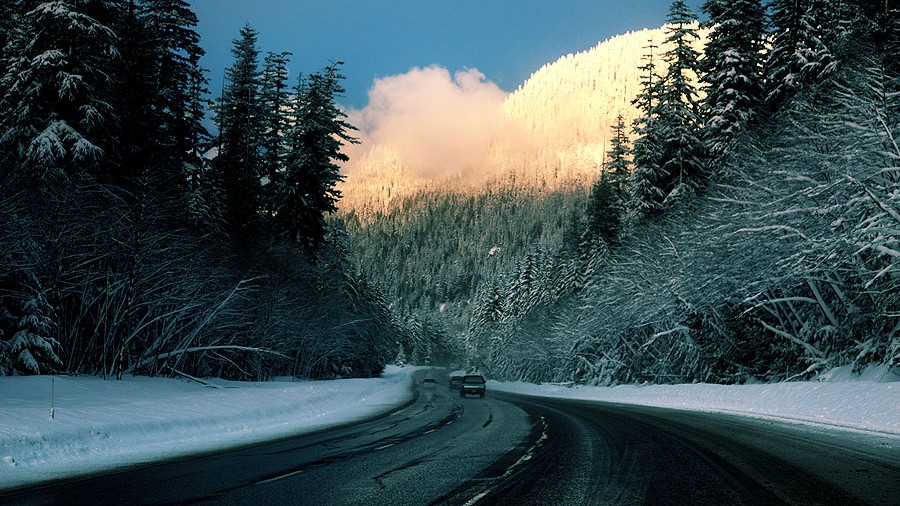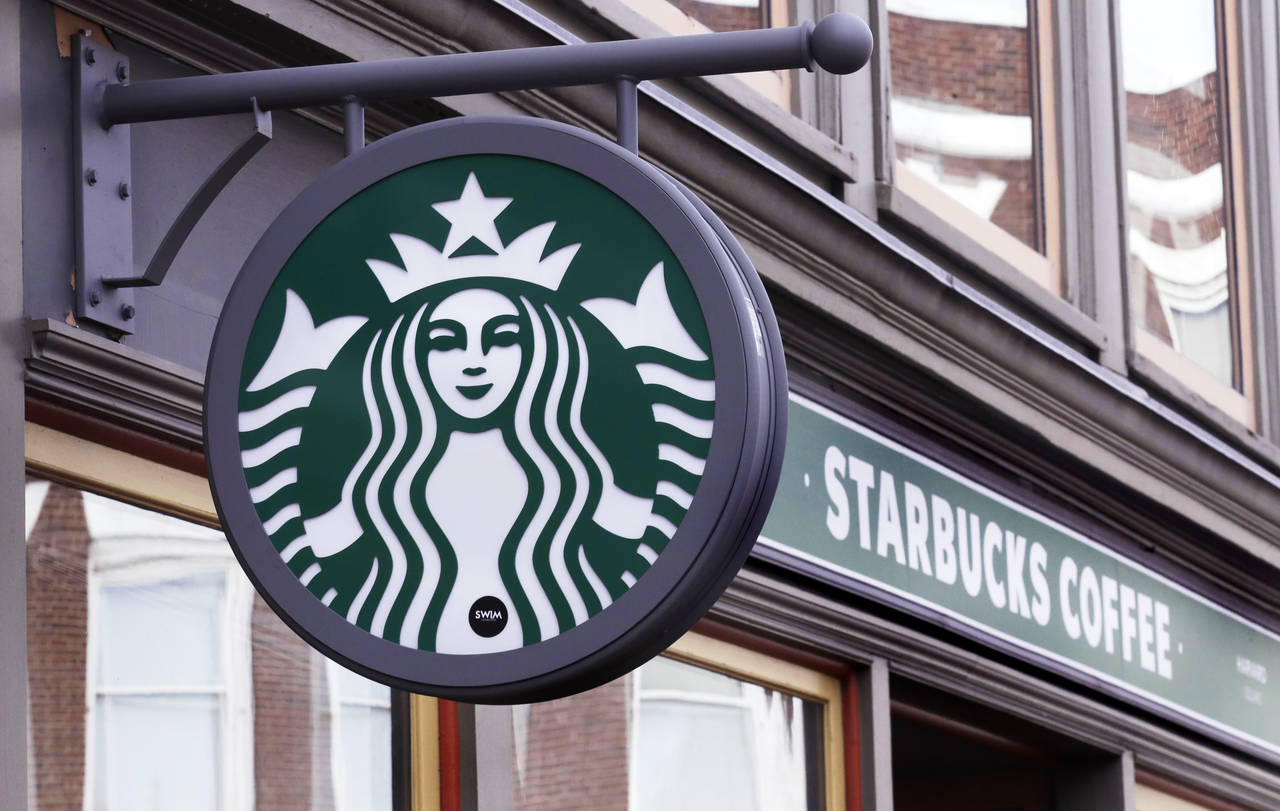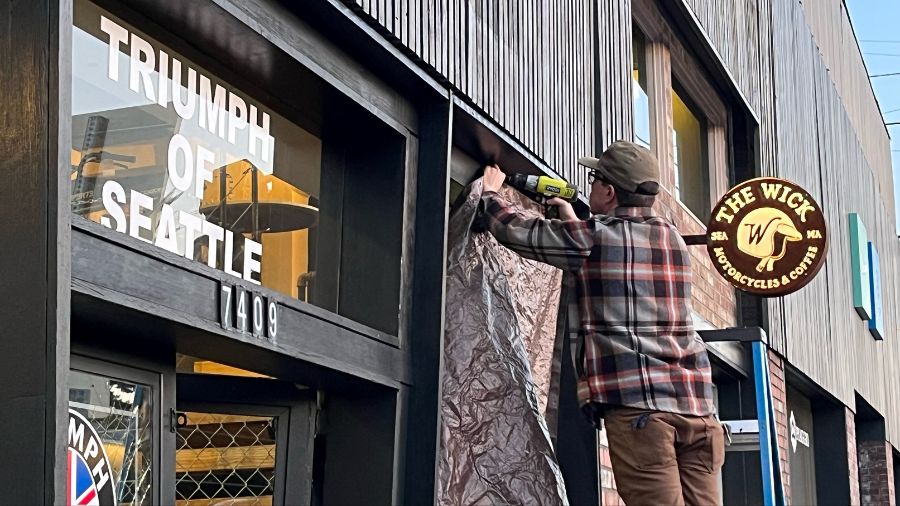Washington’s forgotten ‘Woodstock of the McCarthy Era’
May 17, 2023, 9:16 PM | Updated: 9:55 pm
Lindsey Swindall is a college professor in Hoboken, NJ, but she knows a lot about a nearly forgotten event that happened at the Canadian border in Blaine 71 years ago today.
Swindall is an author and a biographer of African-American performer and activist Paul Robeson. Robeson, Swindall says, is “probably the most famous celebrity you’ve never heard of.”
Robeson gave a free international concert at the Peace Arch on May 18, 1952. He was unable to leave the United States, but thousands came from both sides of the border to hear him perform from a flatbed truck that had been converted to a temporary stage. When a CD of the concert was released in 1998, the Atlantic called it the “Woodstock of the McCarthy Era.”
The story of the Peace Arch concert is not very well known outside labor history and music history circles these days, and it wasn’t covered much by the American media at the time.
Paul Robeson was born in 1898 and was the son of a former slave. He was a star athlete and earned a law degree from Columbia University. Robeson became been a popular singer and actor in the 1930s, known especially for his performance of the Jerome Kerns/Oscar Hammerstein song “Ol’ Man River” from the Broadway musical “Showboat,” and for playing the title role in “Othello.”
In the late 1930s, Robeson became increasingly outspoken about racial inequality and labor issues. He traveled to the Soviet Union, spoke highly of socialism, and came to be viewed by the U.S. government as a controversial activist in the 1940s. During World War II and the early years of the Cold War, Robeson’s entertainment career stalled. The State Department revoked his passport in 1950, effectively keeping him within the U.S.
This was the height of the Cold War and the McCarthy Era when having leftist beliefs could ruin a career, and draw the scrutiny of the government.
During the 1950s, Robeson remained popular with labor unions, and had been invited to speak and perform at the national meeting of the International Mine, Mill and Smelter Workers’ Union in Vancouver, BC in February 1952. On January 31, Robeson headed north from Seattle by car but was turned away at the border by the State Department, even though you didn’t need a passport to travel into Canada back then.
Robeson’s detention at the border wasn’t widely reported by local media, but it did make page 14 of the New York Times on Feb. 1, 1952. An American immigration official named John P. Boyd told the paper that Robeson had been notified that if he left the U.S., he would be subject to five years’ imprisonment and a $10,000 fine. The law cited by the American authorities, the Times wrote, “bars such departures for ‘the best interests of the Government.’”
So Robeson went back to Seattle, where he addressed the meeting and sang by phone to the attendees from the office of the Marine Cooks and Stewards Hall. In the wake of Robeson’s detention at the border, Harvey Murphy and other union leaders in Vancouver came up with the idea to have Robeson perform at the Peace Arch in May.
Many of these facts are known thanks to the FBI. The agency was tracking Robeson, and a Robeson biographer Lindsey Swindall secured copies of the singer’s file.
Dr. Swindall says it was hypocritical for President Truman and the U.S. Government to treat Paul Robeson this way for what she calls “thought crimes,” particularly during the ideological struggle of the Cold War that pitted American values of openness and freedom against the totalitarian regime of the Soviet Union.
“[President] Truman was always saying ‘We’re not going to sacrifice civil rights to fight a totalitarian regime,’ but you could look at Robeson and say, ‘Wait a second you know there’s clear repression here going on,’” Swindall said.
On a visit to the Peace Arch Historical State Park this week to see where the concert was held, park manager Jason Snow and local resident Christina Alexander led a tour. Alexander is founder and president of the non-profit International Peace Arch Association, a group based in Blaine that’s dedicated to supporting the monument and offering public programs there.
Standing just south of the Peace Arch and midway between the midday-busy lanes of northbound and southbound vehicle traffic, Alexander described where the May 18, 1952, Paul Robeson concert took place.
“The flatbed was rolled up as close to the boundary as you could get, at an angle that allowed the Canadian side of the park [to see],” Alexander said, with the audience packed into the flat area just east of the Peace Arch and on a now-forested hillside. “The ridge there, that we now see today with a lot of different beautiful trees, allowed that [area] at the time to be like an amphitheater.”
Estimates of crowd size vary from as few as 5,000 to as many as 30,000. Whatever the total, the area was so congested that the border crossing was shut down for more than an hour and many people had to park and walk in from several miles away.
Union official Harvey Murphy introduced Robeson to the crowd. Robeson performed for an hour or so, singing labor songs such as “Joe Hill” and what were known as “Negro Spirituals,” including “No More Auction Block.” The program was recorded, and the songs and spoken word were released on 78 rpm records by the union back in the 1950s.
“I stand here today under great stress because I dare as do you all of you to fight for peace and a decent life for all men, women and children wherever they may be,” Robeson told the crowd. “And especially today, I stand fighting for the rights of my people in this America in which I was born.”
While preparations were underway for the May 18 concert at the Peace Arch, a Seattle group had reserved the Civic Auditorium, the building now known as McCaw Hall, for a Robeson concert to be held on May 20, 1952. But on April 16, the City of Seattle changed its mind, and took away the group’s permit.
According to The Seattle Times, City Building Superintendent John B. Cain “acted under Ordinance 68,445, which bans in public buildings meetings which might tend to engender ‘racial or religious antagonisms.’” Cain was quoted saying Robeson’s appearance would tend to cause antagonism “toward the Negro race.” It wasn’t cited directly in Cain’s remarks, but an infamous riot had broken out prior to a Robeson concert in Peekskill, N.Y. in 1949.
The concert organizers sued the city, and a King County Superior Court judge found in their favor on May 7. “There is nothing to show that Mr. Cain was justified in finding racial hatred would be engendered by Robeson’s appearance,” Judge [Robert M.] Jones said in the Seattle Times.
Robeson was allowed to perform at the Civic Auditorium on May 20, 1952, just a few days after the Peace Arch Concert.
Lou Guzzo reviewed the concert for the Times and wrote, “One third of what the audience heard sounded like a recital; the remainder was more like a series of ideological recitatives set to music.” As for the controversy, Guzzo said there was a total of one picketer in front of the Civic Auditorium.
While the Civic Auditorium could seat as many as 6,000, Robeson’s FBI file says that exactly 1,723 people were in attendance.
Deborah Daoust, spokesperson for Seattle Center, says that there’s a different set of rules in place nowadays for booking city facilities. In 1963, the City of Seattle repealed the old ordinance that had been used to deny the Seattle group their permit for the Robeson concert, as well as another subsequent ordinance aimed specifically at “subversive” groups.
Robeson gave three more concerts at the Peace Arch in 1953, 1954 and 1955. The State Department allowed him to travel to Canada beginning in 1955 and gave him back his passport back in 1958. But Robeson’s career never recovered from his being blacklisted, and he died in January 1976 at age 77.
Northwest labor groups held a 50th-anniversary concert at Peace Arch Park back in 2002. Many Seattle groups participated, including the Total Experience Gospel Choir, and actor Danny Glover read Robeson’s 1952 remarks. The event was held closer to the parking lot, and border traffic was not affected.
Meanwhile, thousands of people drive through the Peach Arch border crossing every day, and many stop at the park to get a closer look at the distinctive landmark and the beautifully landscaped grounds surrounding it.
Those visitors won’t find a plaque or interpretive panel commemorating what Paul Robeson and 30,000 people did here. Until then, what happened at the Peace Arch on May 18, 1952, is probably the most famous concert they’ve never heard of.


















